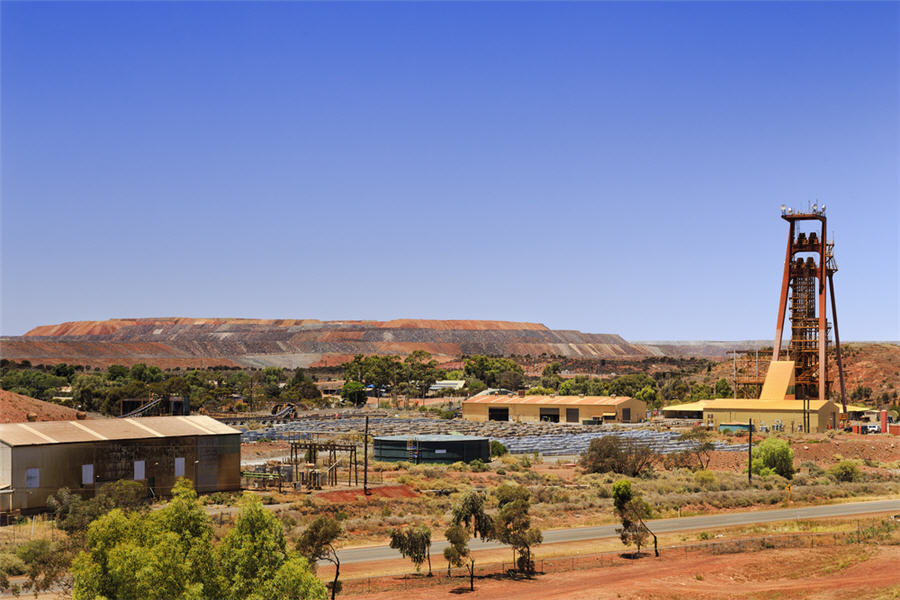
Gold miners in Western Australia state are being hit with an increase in royalty payments under measures released on Thursday that are designed to return the one-time “economic engine of a nation” to fiscal health via revenue from the mining sector.
The royalty hike to 3.75 percent from 2.5 percent per ounce of gold is expected to raise an additional A$392 million ($313 million) over four years and is aimed at helping to repair the state’s finances following the mining boom collapse of a half-decade ago, according to Western Australia Premier Mark McGowan.
Western Australia in fiscal 2017 showed a budget deficit of A$3.04 billion.
Last year the state accounted for about 80 percent of the 287 tonnes of gold mined in Australia – the world’s second-biggest producer after China – and received A$250 million in royalty payments. Gold miners said they could not afford the hike in payments to the government.
“Western Australia’s gold miners cannot pass on these additional costs,” said Bill Beament, chairman of Northern Star Resources Ltd, which mined 514,000 ounces of gold in the state last year.
“This means (miners) will have no choice but to cut costs elsewhere, jeopardising jobs, exploration expenditure and future growth opportunities.”
Northern Star recently spent A$130 million to increase its production to 600,000 ounces a year.
Bullion must trade above A$1,200 an ounce for the higher royalty to apply. It last traded below that price in late 2008.
Based on a gold price on Thursday of around A$1,670 an ounce , the hike equates to an additional royalty of about A$20 per ounce.
OTHER MINING FEES
Other sectors of the state’s mining-weighted economy also face added costs.
The Pilbara Ports Authority, the world’s largest iron ore export terminal, used by sector giants BHP and Fortescue Metals Group, will raise annual dues by 17 percent or A$95 million.
The state’s biggest employers, including BHP, Fortescue and Rio Tinto, will be also placed on a temporary progressive payroll tax scale for five years, which McGowan estimates will generate an additional A$435 million in revenue.
“Everyone will need to share the burden to help get Western Australia back on track,” he told reporters.
After the global financial crisis of 2008, a mining frenzy spurred by demand for Australian ores had miners scrambling to fill orders. As companies spent billions on new mines and transport infrastructure, politicians took to calling the state the nation’s economic engine.
But a cooling China growth turned the boom to bust, leading to massive layoffs and a dramatic drop in state revenue.
($1 = 1.2522 Australian dollars) (Reporting by James Regan; Editing by Tom Hogue)